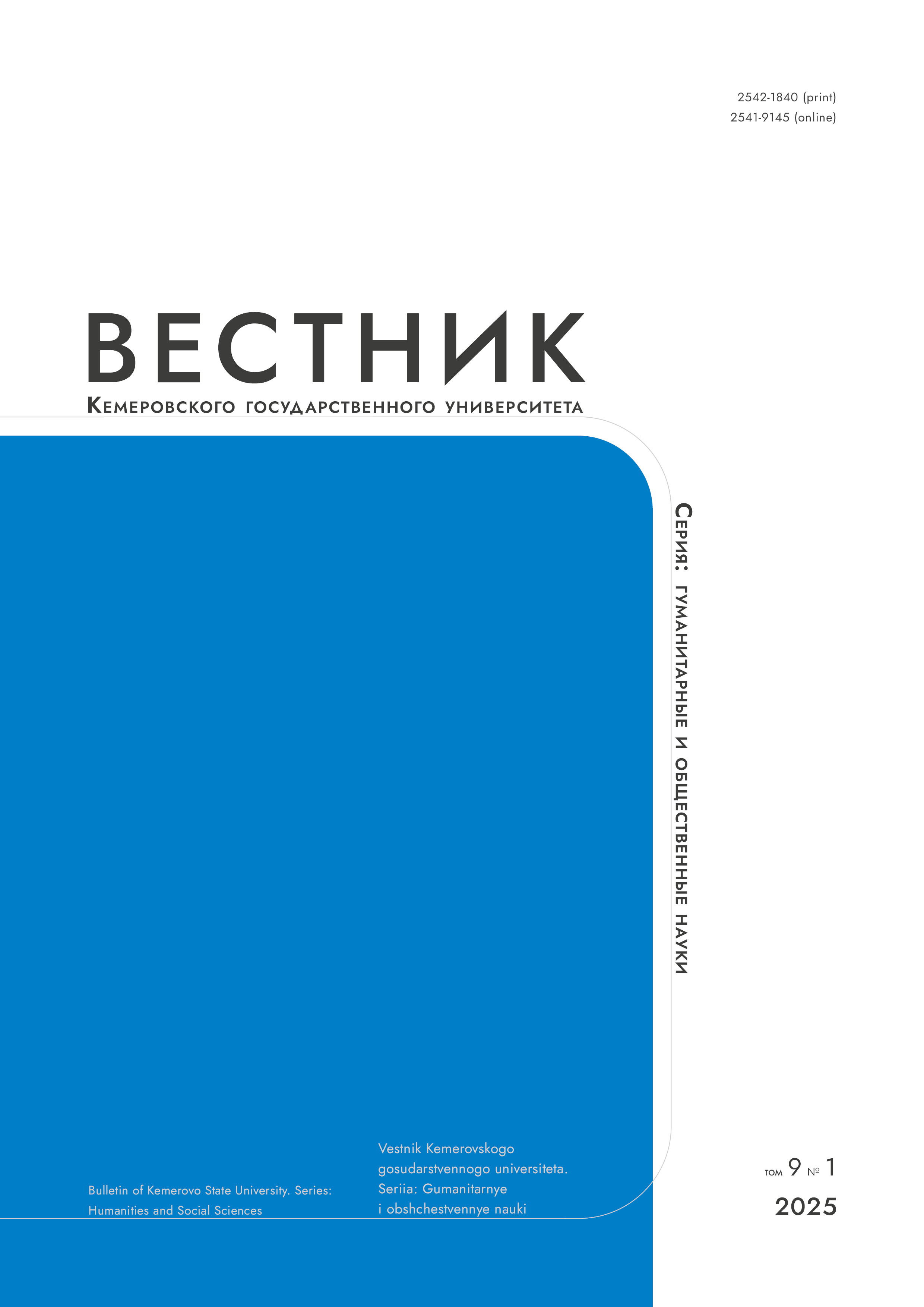from 01.01.2025 until now
Kemerovo State University
Kemerovo, Russian Federation
UDC 34
This review examines some changes introduced by the Federal Law on January 28, 2018, No. 451-FZ, to the Civil Procedure Code, the Arbitration Procedure Code, and the Code of Administrative Procedure of the Russian Federation. The media called the amendment pool “procedural revolution”. It touched many institutions. On the one hand, it promoted unification of the civil process and imposed legal certainty on many issues. On the other hand, it simplified some ordinary procedures. Some of the changes fix the rules formed in judicial practice; others are essentially transitional and imply the need for further refinement. The present research explores the following innovations: modernization of the institute of court competence in the context of the availability of judicial protection, simplification and unification of the procedure for reviewing a challenge to the court, expanding the scope of simplified procedures for reviewing requirements, fixing the rules of continuous appeal in civil and administrative proceedings, etc. The review introduces the upcoming changes to the reader and outlines the author's opinion on the procedural reform. Some changes are characterized as positive, and the author substantiates the need for reform. Meanwhile, some innovations are criticized as they will inevitably lead to restriction of the rights of participants in the procedural relations. The author believes that the innovations of the “procedural revolution” will not lead improve the court system.
judicial reform, unification of the civil process, the competence of the courts, the transfer of the case according to the rules of competence, simplified production, complete cassation, revision of judicial acts
1. Abova T., Yarkov V., Braig B., Golovko L., Kudriavtseva E., Iudin A., Prokudina L., Ivanov M., Patsatsiia M., Sarbash S., Tai Iu. Optimization of civil proceedings: a new round? Zakon, 2017, (10): 20-35. (In Russ.)
2. Yarkov V. V. Development of the civil process in Russia: selected issues. Herald of Civil Procedure, 2011, (1): 17-53. (In Russ.)
3. Yarkov V. V. Procedural reform project: quo vadis? Arbitrazhnyi i grazhdanskii protsess, 2017, (12): 10-14. (In Russ.)
4. Girko S. I., Ilin I. V. Revisiting the issues of abuse of subject matter and court jurisdiction rules with the civil procedures. Sovremennyi iurist, 2018, (2): 17-24. (In Russ.)
5. Trofimova M. S. An analysis of the initiative of the supreme court of the Russian Federation for the amendment of the exclusive jurisdiction of justices of the peace over civil cases. Mirovoi sudia, 2018, (7): 32-35. (In Russ.)
6. Pleshanov A. G. The development of principles of civil procedure in the context of the impending reform of Russian procedural legislation. Electronic supplement to "Russian juridical journal", 2018, (3): 42-49. (In Russ.)
7. Prikhodko A. I. Obstruction of cases in arbitration courts: current issues of judicial enforcement. Moscow: Volters Kluver, 2006, 288. (In Russ.)
8. Popova D. G., Etina T. S. Legal regulation issues of summary procedure in civil proceedings. Vestnik Kemerovskogo gosudarstvennogo universiteta. Seriia: Gumanitarnye i obshchestvennye nauki, 2017, (2): 87-94. (In Russ.) DOI:https://doi.org/10.21603/2542-1840-2017-2-87-94
9. Skuratovsky M. L. On arbitration proceedings optimization limits. Arbitrazhnyi i grazhdanskii protsess, 2018, (7): 13-17. (In Russ.)
10. Fokin E. A. Accessibility of justice, quality of law and development of arbitration procedural legislation. Journal of Russian law, 2018, (12): 120-129. (In Russ.) DOI:https://doi.org/10.12737/art_2018_12_11
11. Khalatov S. A. Limitation of the court jurisdiction over resolution of uncontested cases as a workload decrease factor. Arbitrazhnyi i grazhdanskii protsess, 2017, (12): 40-42. (In Russ.)
12. Druzhinina Yu. F., Trezubov E. S. On the problems of apportionment of judicial expenses in writ proceedings. Herald of Civil Procedure, 2018, 8(5): 103-118. (In Russ.)
13. Tumanov D. A., Strel'tsova E. G. Some conceptual issues in civil justice. Zakon, 2018, (1): 28-45. (In Russ.)
14. Razdyakonov E. S. Judicial order in arbitration procedure: reality and prospects of development. Herald of Civil Procedure, 2017, 7(6): 43-59. (In Russ.) DOI:https://doi.org/10.24031/2226-0781-2017-7-6-43-59
15. Argounov A. V. Will artificial intelligence judge? Herald of Civil Procedure, 2018, 8(5): 32-49. (In Russ.) DOI:https://doi.org/10.24031/2226-0781-2018-8-5-32-49
16. Momotov V. V. The main goals, tasks and stages of the judicial reform in the modern Russia. Mirovoi sudia, 2018, (10): 3-9. (In Russ.)
17. Momotov V. V. The Russian judicial reform in 2018: concept, objectives, content (part I). Journal of Russian law, 2018, (10): 134-146. (In Russ.). DOI:https://doi.org/10.12737/art_2018_10_13
18. Timofeev Yu. A. Issues of arrangement and development of judicial act review systems. Arbitrazhnyi i grazhdanskii protsess, 2018, (7): 46-50. (In Russ.)
19. Terekhova L. A. The right to correct a judicial error as a component of judicial protection. Cand. Jurispr. Sci. Diss. Abstr. Yekaterinburg, 2008, 46. (In Russ.)
20. Reshetnikova I. V., Tsaregorodtseva E. A. Novelties in the administrative procedure within the framework of judicial proceedings tasks. Arbitrazhnyi i grazhdanskii protsess, 2018, (7): 5-9. (In Russ.)
21. Terekhova L. A. New and newly discovered circumstances in civil and administrative court proceedings. Moscow: Prospect, 2017, 144. (In Russ.)




















